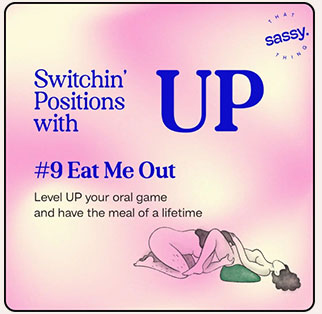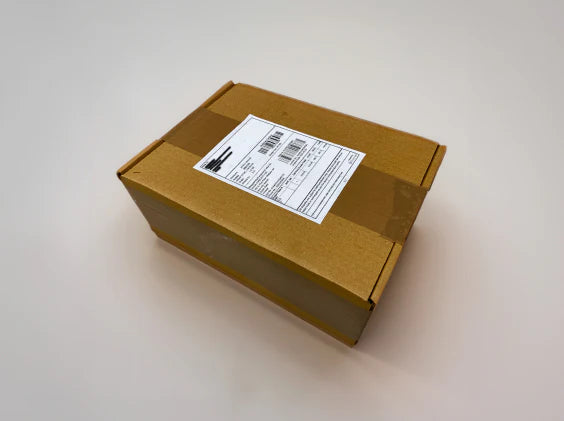Your cart is currently empty

According to a digital analysis of Facebook data, the most popular day to breakup is December 11. This struck me as a tad bit odd, considering how that is bang in the middle of cuffing season, which begins in October and goes all the way up to Valentine’s Day.
So I rummaged for possible reasons for breakups clustering around this date – maybe because it is the holiday season and people don’t want to introduce someone they feel ambivalently about to their family and friends?
Maybe they are more social and anticipate meeting someone new at a New Year’s party! Maybe they feel like they want to leave the heaviness of the year behind, along with the relationship? Whatever the reason might be, it feels like these breakups are circumstantial and might be subject to change with changing temperaments.

What if, post-breakup, you find yourself at sea in the world of dating. You realize that you are lonely and your relationship wasn’t as much of the reason for why your life is in shambles (it is capitalism, hyper-urbanisation, and all these goddamn mobile apps!).
I wonder if we could analyze the same data for how many of those breakups were followed by breakup sex.
No matter how much thought goes into the breakup, it isn’t possible to predict how you will feel afterwards. Even the most pre-meditated of breakups can feel like a suckerpunch to the gut.
If you’re queer, the loss can feel all the more isolating – and that could be for a host of reasons including the societal norm of homophobia that drives many of us to keep our queer partnerships private and low-key.

According to a study that was first published in 2020 and investigated the psychology of breakup sex, there are 3 main reasons why we engage in breakup sex. The first of which is relationship maintenance, which makes the most sense to me, personally. My breakups are often a long-drawn-out process, and rarely a single, definitive conversation.
It almost feels like a rather violent act to do so – to oneself and the other person. Perhaps breakup sex is just a bittersweet, last hurrah to want to do the deed one last time. I see how it can emerge from one last passionate, albeit tear-filled embrace – heck even Frankie and Sol did it as a final act of dissolving their loving marriage of several decades in the popular Netflix show, Grace and Frankie!
Maybe it’s also just saying that our sexual connection is worth celebrating, even as we dismantle certain other areas of partnership. Conscious uncoupling, anybody?

The other reason put forward by the study is hedonism. The rush of oxytocin and other hormones can feel like a warm balm on our aching hearts, following a breakup. The only catch is, that rush is rather temporary.
If you’re someone who has been conditioned to feel shame about sexual pleasure, which is commonly a gendered experience, then you might regret it and it is worth considering how you will deal with those emotions as they emerge.
However, breakup sex can be raw and explosive, considering that breakups themselves are often emotionally-charged. This could help you take an objective approach to the breakup – the sex was amazing, but that’s not enough to keep people together.
The final reason is ambivalence, which brings me back to the point of why breakups during cuffing season are probably circumstantial. Is your partnership really all that bad? Do you want to discard it entirely?
A hint of ambivalence during breakups, if you ask me, is a hallmark of a relationship tinged with affection and gentle care. A warm goodbye, a segue-way to being friends as many of us queer folk prefer to do. Better than bottling up those emotions of longing and regret, if you ask me.
So there you go! Just as most subjects related to human relationships, there is no one verdict (and certainly not a moralistic one!) on whether breakup sex is the way to go or not for you and your relationship that is folding up.
Until next time!
-----
About the author:

Tejaswi is a media professional and researcher focused on pleasure & joy in areas of public health. Their attention is captured by post-colonial human relationships at a time of the Internet of Things.
Tejaswi is autistic and identifies as queer in more ways than one.












